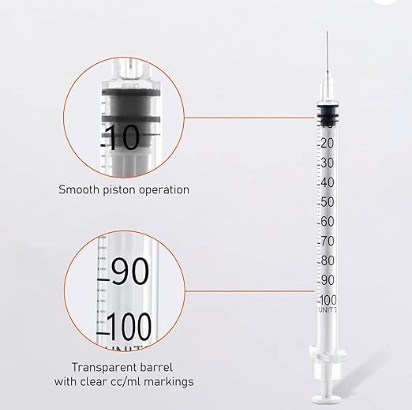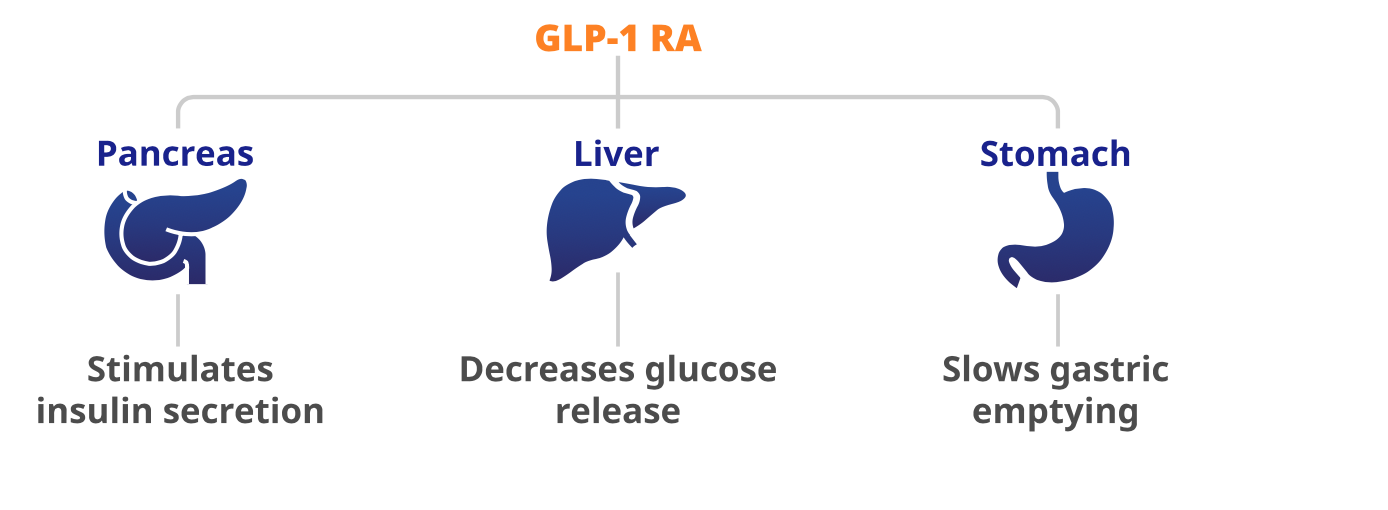Introduction
In the dynamic landscape of weight loss strategies, a fascinating option gaining traction is the incorporation of weekly weight loss injections. Backed by evidence-based research, these injections present a promising avenue for individuals seeking effective and sustainable weight loss. In this comprehensive exploration, we will delve into the pros and cons of weekly weight loss injections, backed by scientific evidence. Furthermore, we will emphasize the importance of personalized weight loss regimens monitored by a doctor, asserting why this approach stands out in the realm of weight management.
Types of Weekly Weight Loss Injections
Cons of Weekly Weight Loss Injections
- Cost: Some weight loss injections can be expensive, potentially posing a financial barrier for individuals without comprehensive insurance coverage.
- Side Effects: Like any medication, injectables may have side effects, ranging from mild to severe. It is crucial for individuals to be aware of potential adverse reactions and consult their healthcare provider promptly.
- Dependency: There is a concern about individuals becoming dependent on the injections and not adopting sustainable lifestyle changes.
- Limited Long-Term Data: While short-term studies show promising results, there is a need for more extensive, long-term research to fully understand the safety and efficacy of these injections over extended periods.
Importance of Personalized Weight Loss Regimens and Doctor Monitoring
 While weekly weight loss injections offer a compelling solution, the importance of personalized weight loss regimens cannot be overstated. A one-size-fits-all approach rarely yields optimal results, considering the individual variations in metabolism, genetics, and lifestyle. Consulting a doctor ensures that the chosen injection aligns with the individual’s health profile and weight loss goals.
While weekly weight loss injections offer a compelling solution, the importance of personalized weight loss regimens cannot be overstated. A one-size-fits-all approach rarely yields optimal results, considering the individual variations in metabolism, genetics, and lifestyle. Consulting a doctor ensures that the chosen injection aligns with the individual’s health profile and weight loss goals.
Moreover, the continuous monitoring provided by a healthcare professional is invaluable. Doctors can track progress, address potential side effects promptly, and make necessary adjustments to the treatment plan. This personalized approach enhances safety, efficacy, and the overall success of the weight loss journey.
In Conclusion
Weekly weight loss injections, supported by evidence-based research, emerge as a viable and effective option for individuals seeking to shed excess weight. The pros, including appetite suppression, metabolic boost, and clinical monitoring, outweigh the cons when incorporated into a personalized weight loss plan under the guidance of a healthcare professional. As we navigate the evolving landscape of weight management, these injections present a promising avenue for those looking to achieve not just weight loss but sustainable and long-term health benefits. Always consult with a doctor to determine the most suitable approach for your unique needs and circumstances.


 Another class of weight loss injections involves combination medications, such as Contrave (naltrexone-bupropion). Naltrexone, traditionally used to treat opioid dependence, and bupropion, an antidepressant, work together to impact the brain’s reward system and regulate appetite. This dual-action approach not only aids in weight loss but also addresses potential emotional factors associated with overeating.
Another class of weight loss injections involves combination medications, such as Contrave (naltrexone-bupropion). Naltrexone, traditionally used to treat opioid dependence, and bupropion, an antidepressant, work together to impact the brain’s reward system and regulate appetite. This dual-action approach not only aids in weight loss but also addresses potential emotional factors associated with overeating.

